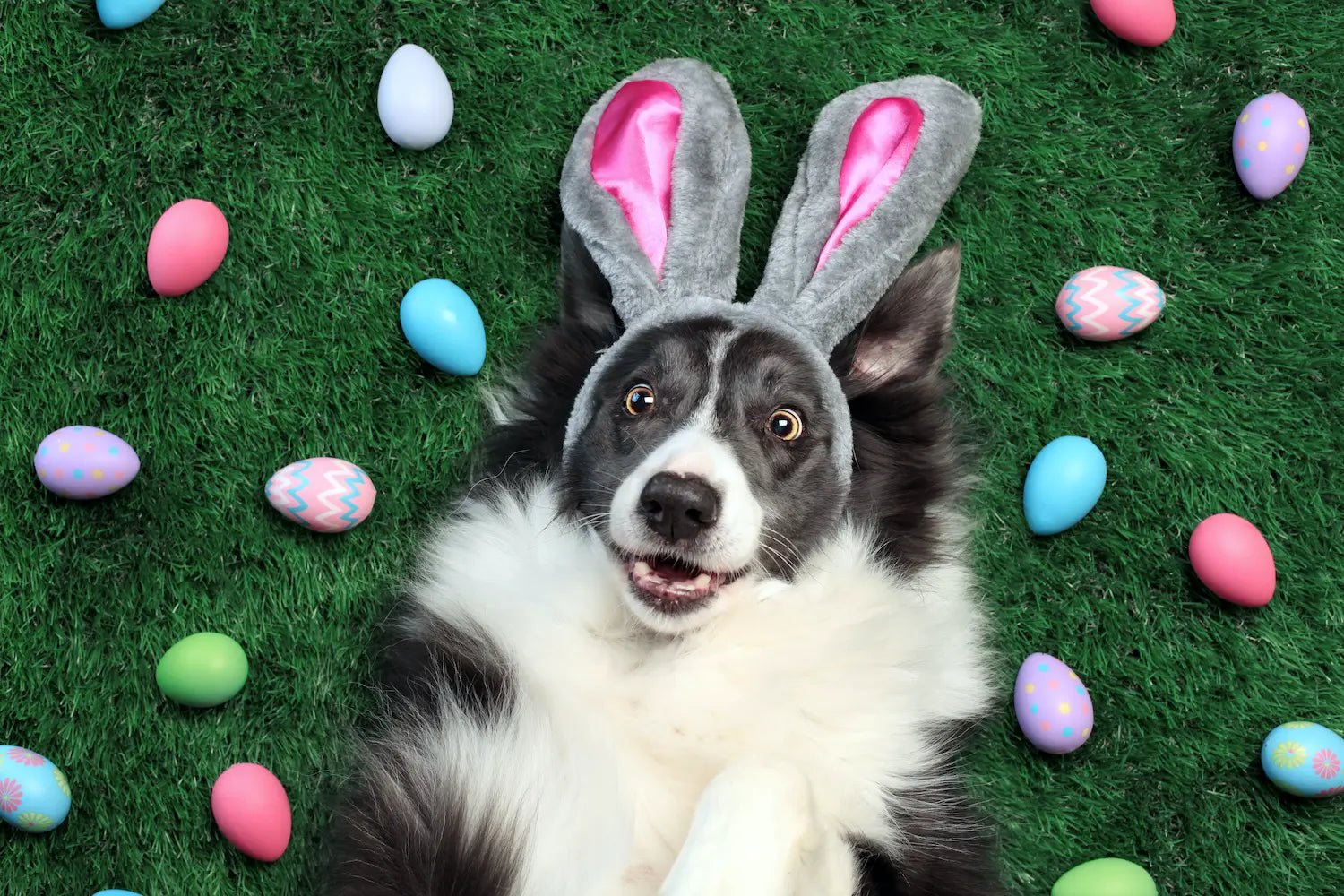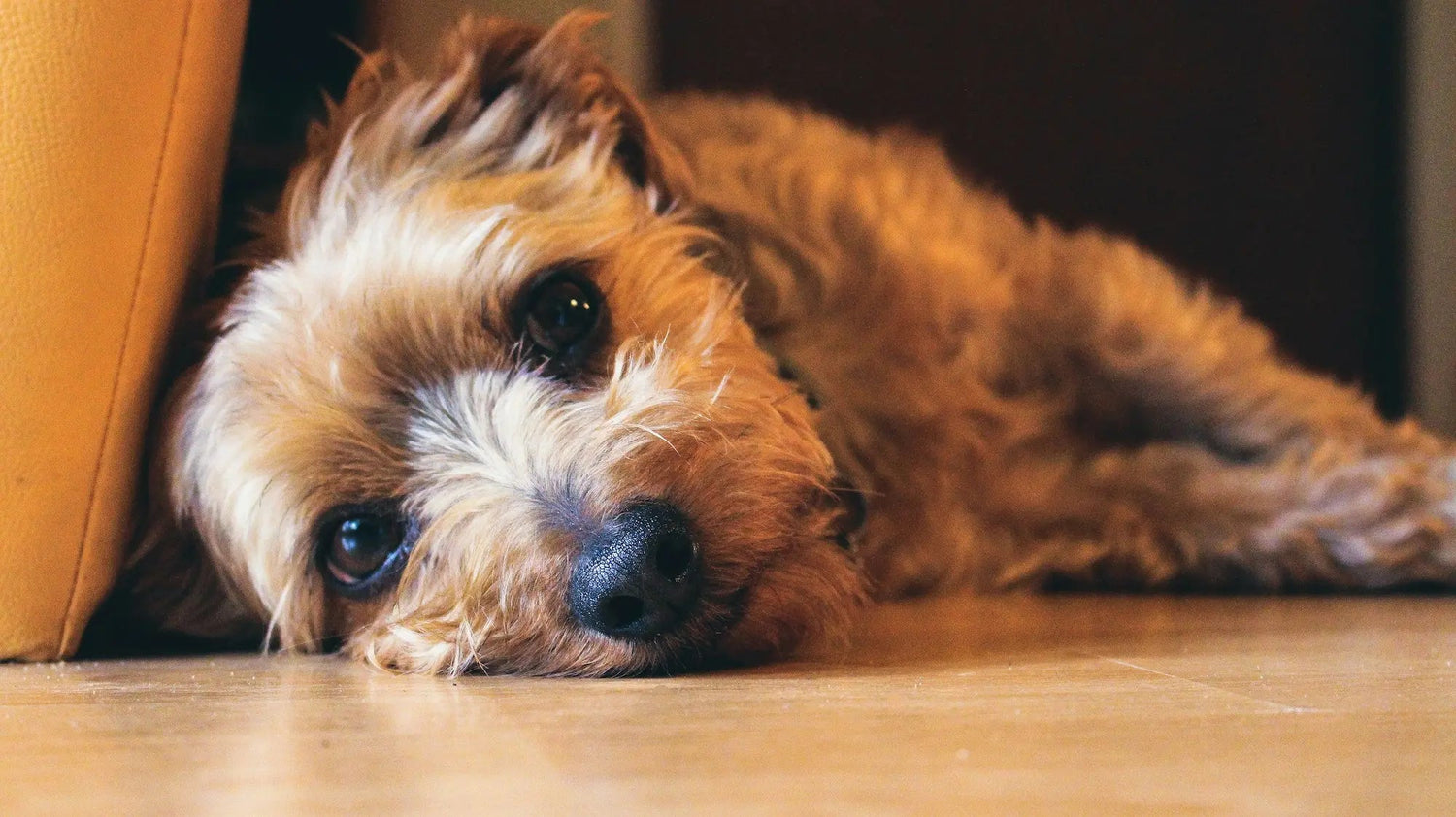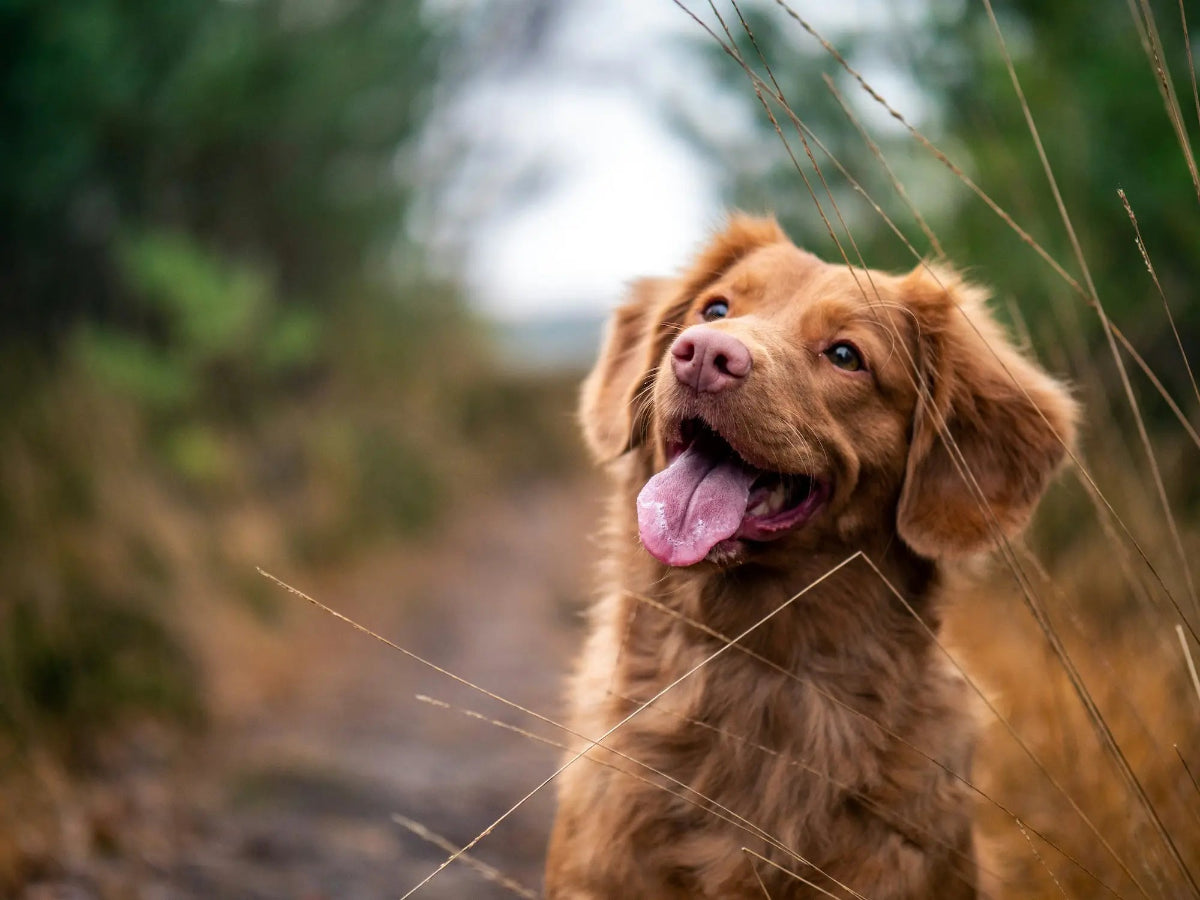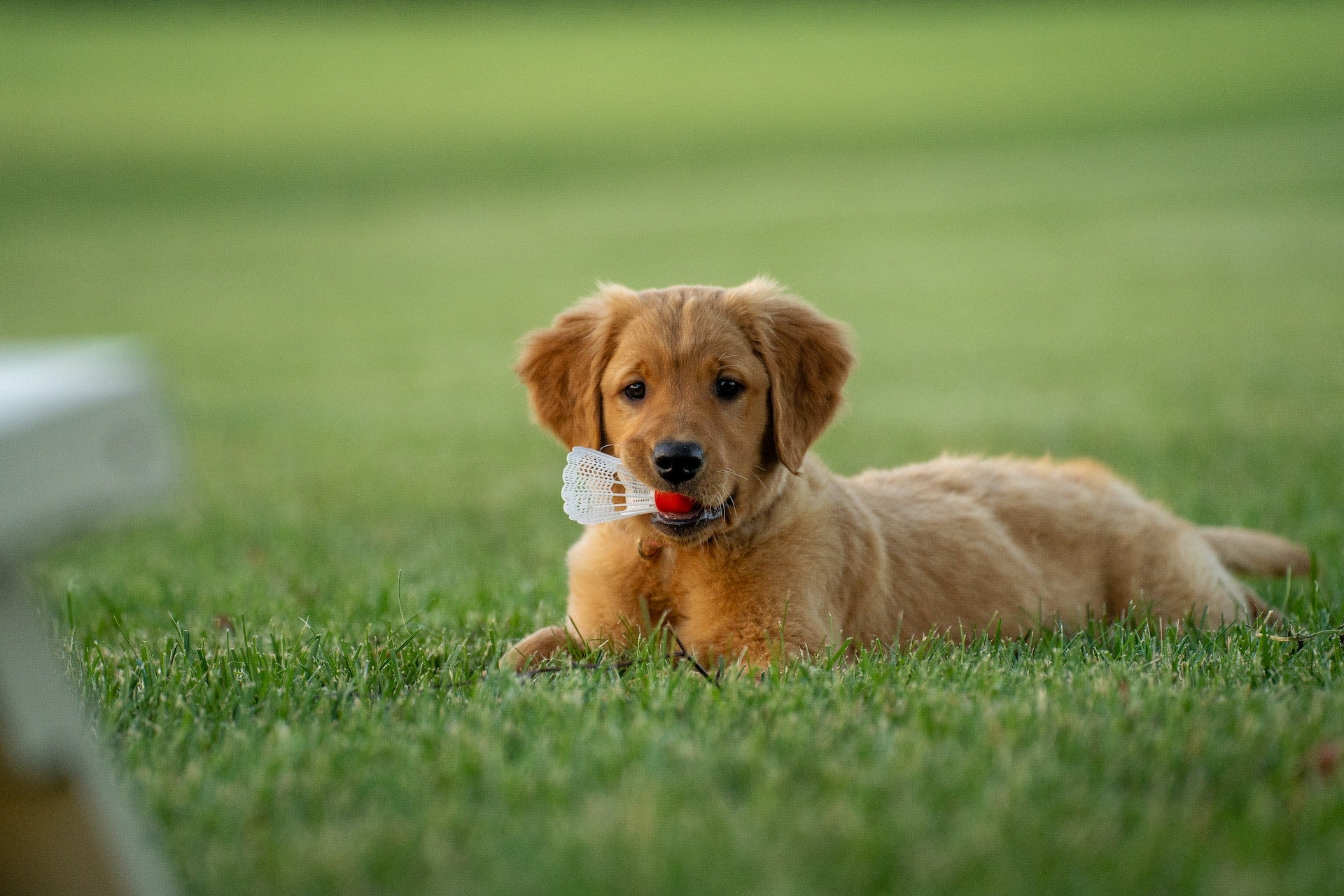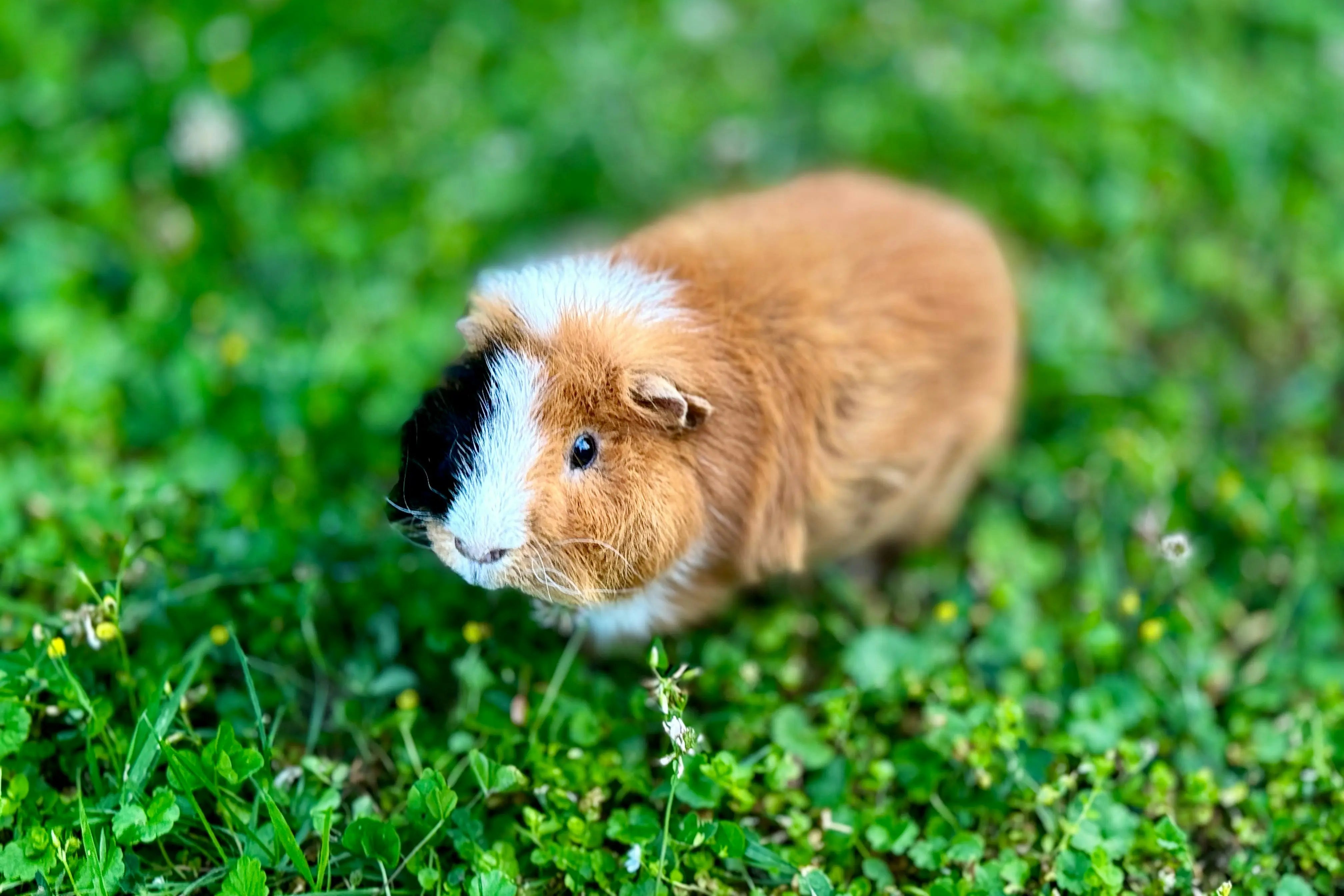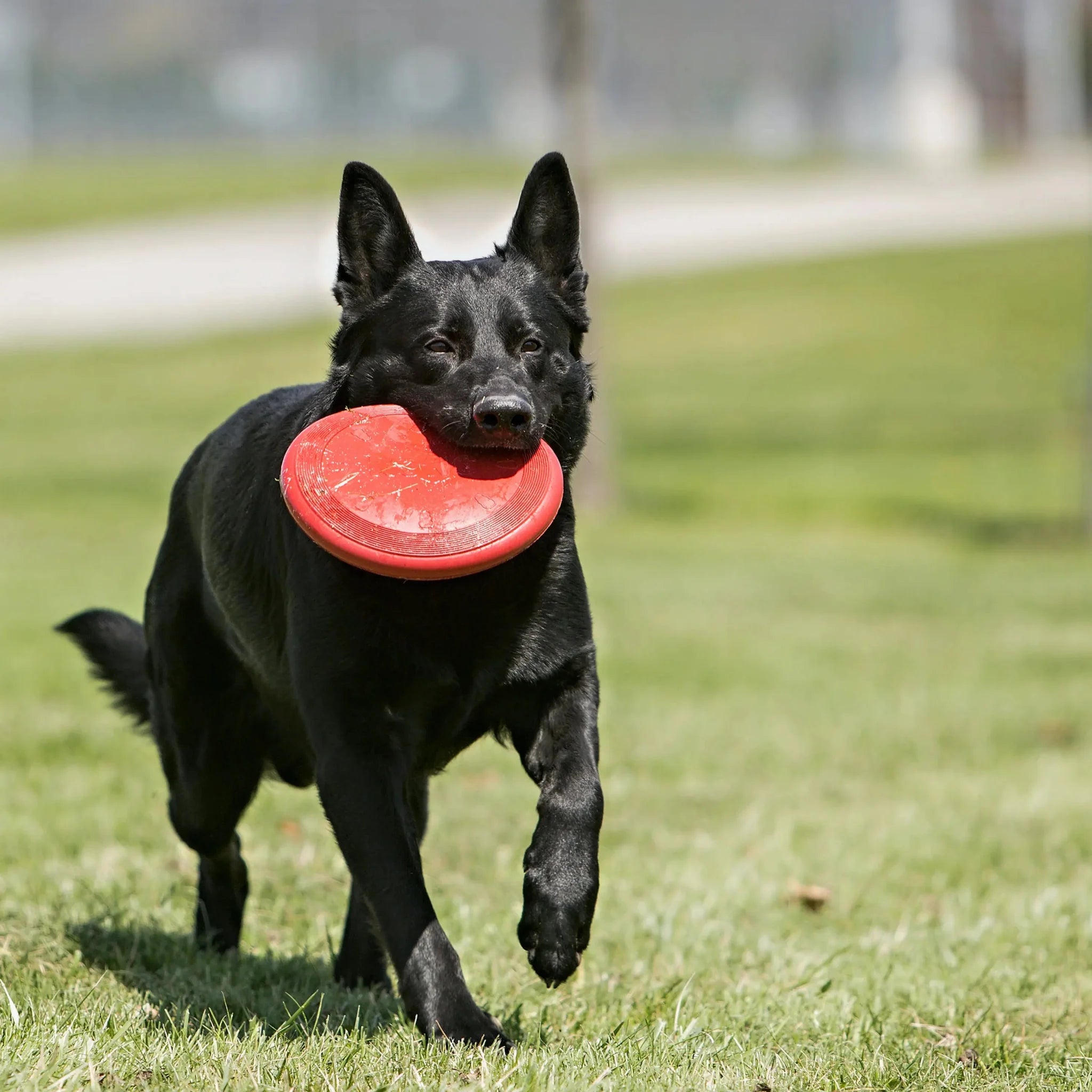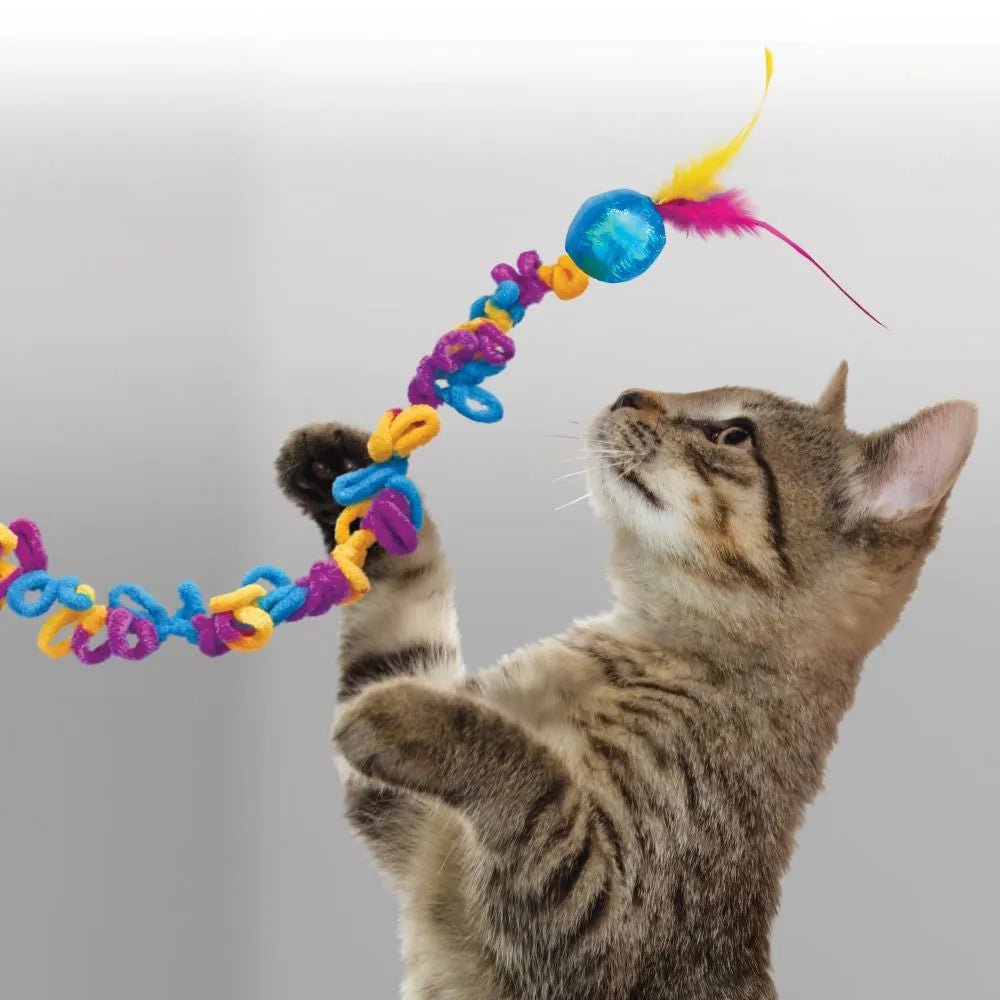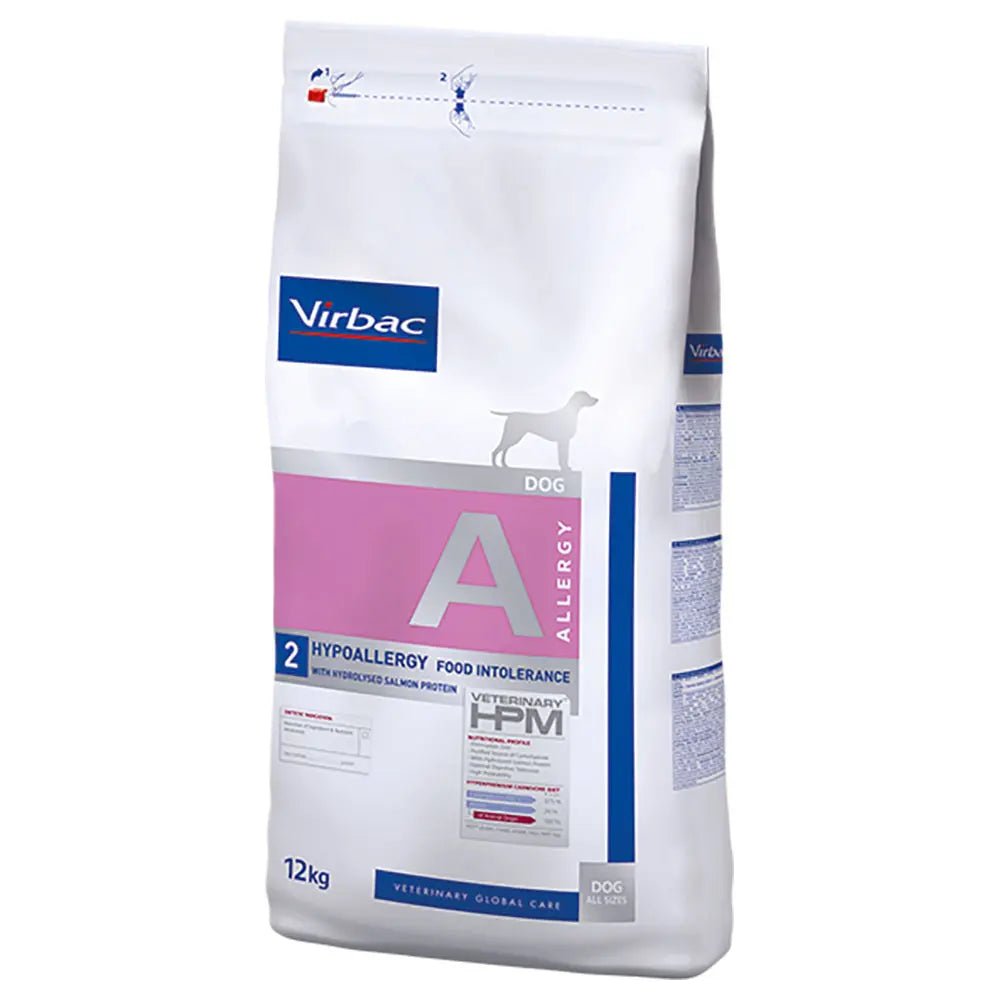Do you experience that your dog has bad breath? It is not the case that dogs' breath has a natural scent of fresh meadow flowers or mint, but if your four-legged friend has a noticeable bad smell from his mouth, it may be a sign that something is not quite right. We will take a closer look at the various causes of bad breath in dogs , and what measures you as an owner can take.
Why does my dog have bad breath?
Bad breath in dogs usually occurs due to two main causes. One of them is bacteria in the mouth that produce foul-smelling volatile sulfur compounds. The other cause is the accumulation of waste products in the body. However, there are also several other possible causes of bad breath in dogs, such as dental and gum problems, sores or injuries in the mouth, diabetes, kidney failure, inflammation of the skin folds around the mouth. To prevent bad breath, brushing your dog's teeth is recommended as the most effective and cheapest method. If you think your dog has bad breath, it is a good idea to visit the veterinarian, especially if there is visible tartar or loose teeth.
Tartar or gingivitis
As mentioned, tartar can cause bad breath in dogs . This is a calcified bacterial coating and appears as a yellow-brown layer, usually at the bottom of the gum line. If this coating is allowed to build up over time, it will eventually thicken and can become a kind of lump on the tooth. Not only does this smell bad, but tartar can also lead to further dental health problems.
If your dog has gingivitis, the color of the gums themselves will be more reddish, compared to healthy gums which are pink. The inflammation often starts as a line along the gum line down towards the tooth. It is also common to see gingivitis and tartar together, but sometimes the inflammation can occur without much tartar. If these two conditions are allowed to develop together over time, the teeth can begin to loosen, which in turn worsens the inflammation and bad breath.
Sores and inflammation in or around the mouth
Dogs are known to love to play with and chew on everything, and it can be difficult to have complete control over what they put in their mouths at all times. For example, our four-legged furry friends often enjoy finding sticks or other fun objects that can lead to puncture wounds or lacerations in their mouths. Fortunately, superficial and clean wounds will often heal on their own, but if the wound is large, deep or has left splinters, it can become inflamed and cause a bad smell. Such injuries usually occur further back in the mouth or in the throat, and they can be difficult to detect without anesthesia and a veterinary examination.
Disease
Like us humans, one of the dog's body's important functions is to excrete waste products. In cases of kidney failure or untreated diabetes, the body's own purification system does not always function optimally, which can lead to a buildup of waste products. This in turn can lead to bad breath and bad odor.
Other causes
Other causes of bad breath in dogs can simply be that they eat foul-smelling things, such as feces. In addition, in some cases, the unpleasant smell can stem from an inflammation or infection in the skin folds around the lips, which can be difficult to detect without clipping the fur. The smell can also come from other inflammations in the upper respiratory tract.
My dog has bad breath, do we need to go to the vet?
If your dog has bad breath, it is generally a good idea to visit a veterinarian for a thorough check-up. We are available in Larvik and you can book an appointment with us here . As mentioned, bad breath can be caused by various factors with varying degrees of severity. A veterinarian will be able to examine your dog's mouth and teeth, as well as perform the necessary tests to identify the cause of the bad breath. For successful treatment of any underlying problems, it is important to detect these as early as possible! We recommend that you take a trip to the veterinarian if you notice the following in your dog:
- Bad breath
- Changes in odor from the mouth
- See tartar or loose teeth
This is what you should keep in mind as a dog owner
It is important for all dog owners to accustom their dog to tooth brushing and regular oral examinations right from the puppy stage. Regular tooth brushing is the best and most effective way to prevent problems such as tartar, gingivitis and bad breath. Ideally, tooth brushing should be done daily, or at least several times a week. If you are unsure how to proceed, your veterinarian can help with tips on technique, and recommend products if you are unsure. In our online store you will find a wide selection of high-quality dental health products for dogs !



